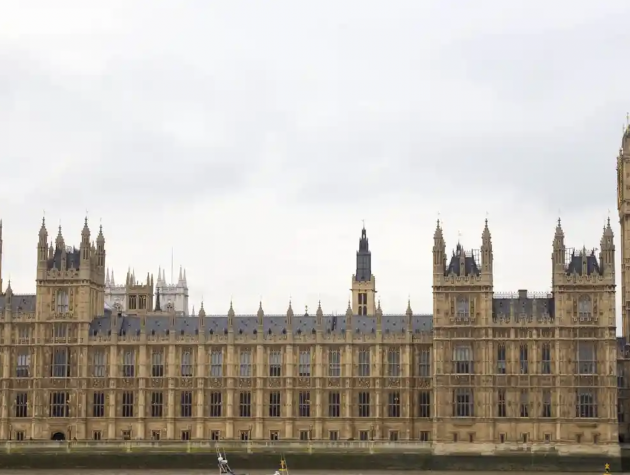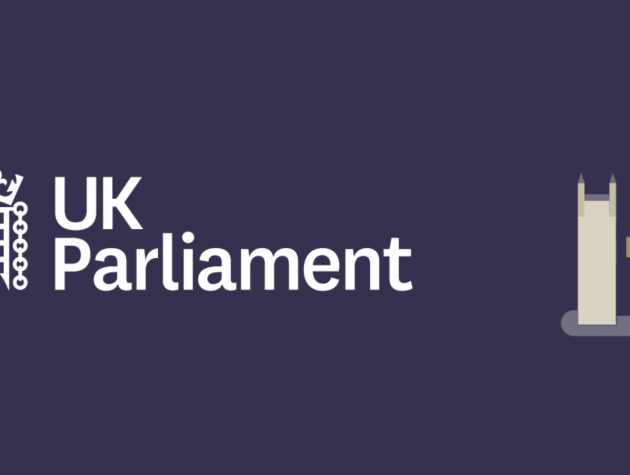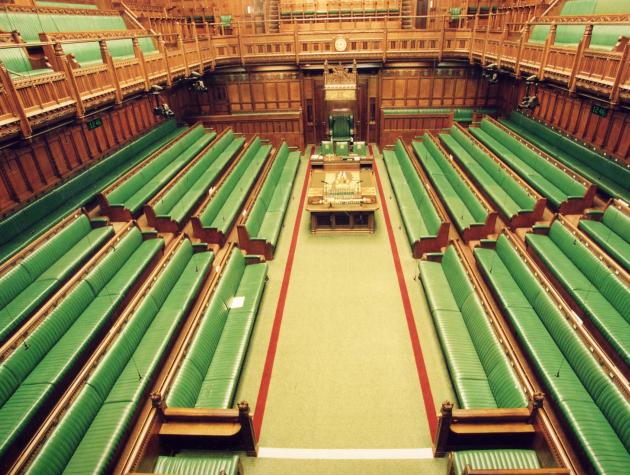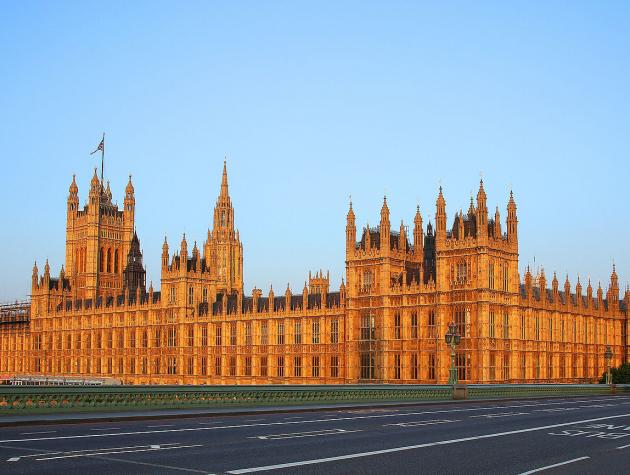Regulating the Global Digital Economy
Regulating the Global Digital Economy is a research project in cooperation with Digital Pathways at Oxford that aims to explore how digitalisation has affected global economic governance, with a focus in matters of trade and data flows, market concentration and competition policy, cybersecurity, taxation, digital technology standard-setting, and labour rights in the gig economy.
Synopsis
Digitalisation is decisively changing the economic and political relationships in the global economy, poses a myriad of legal and regulatory challenges, and is high on the agenda of governments and international organisations. Governing the digital economy to harness its benefits while addressing its risks requires international cooperation: data flows across borders and the largest technology companies have a global reach. However, far from cooperating, the world’s most powerful countries are competing to control digital technologies and are engaged in disputes over which standards, frameworks, and fundamental principles should govern the digital economy. For example, in June 2021, the US and the EU announced a new Trade and Technology Council to counter China’s rising influence and to establish new global standards for emerging technology, and it is yet unclear how smaller and developing countries will be able to engage in this space and other international arenas.
Scholars are starting to examine the cross-border dimensions of digital economy regulation, often within disciplinary silos and specific policy areas. Conversations with scholars and practitioners have highlighted common concerns across disciplines and issue areas and an appetite to learn from each other. For instance, there are manifold concerns about the vulnerabilities and risks associated with the emergence large of technology companies, their ownership over nodal points in the global economy, and influence over emerging regulations at the national and international level.
Project objectives
Our aim is to deepen the collective understanding of the dynamics of cross-border regulation in each of these issue areas, identify common threads, and pinpoint areas for future research, with a distinct priority of extending the discussion beyond the vantage point of the ‘big three’, the US, EU and China.
Project team











